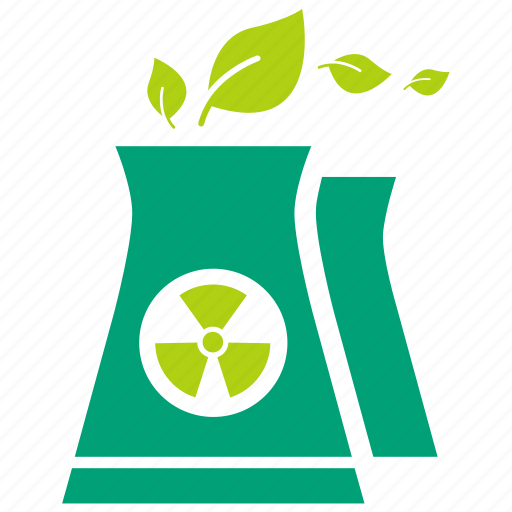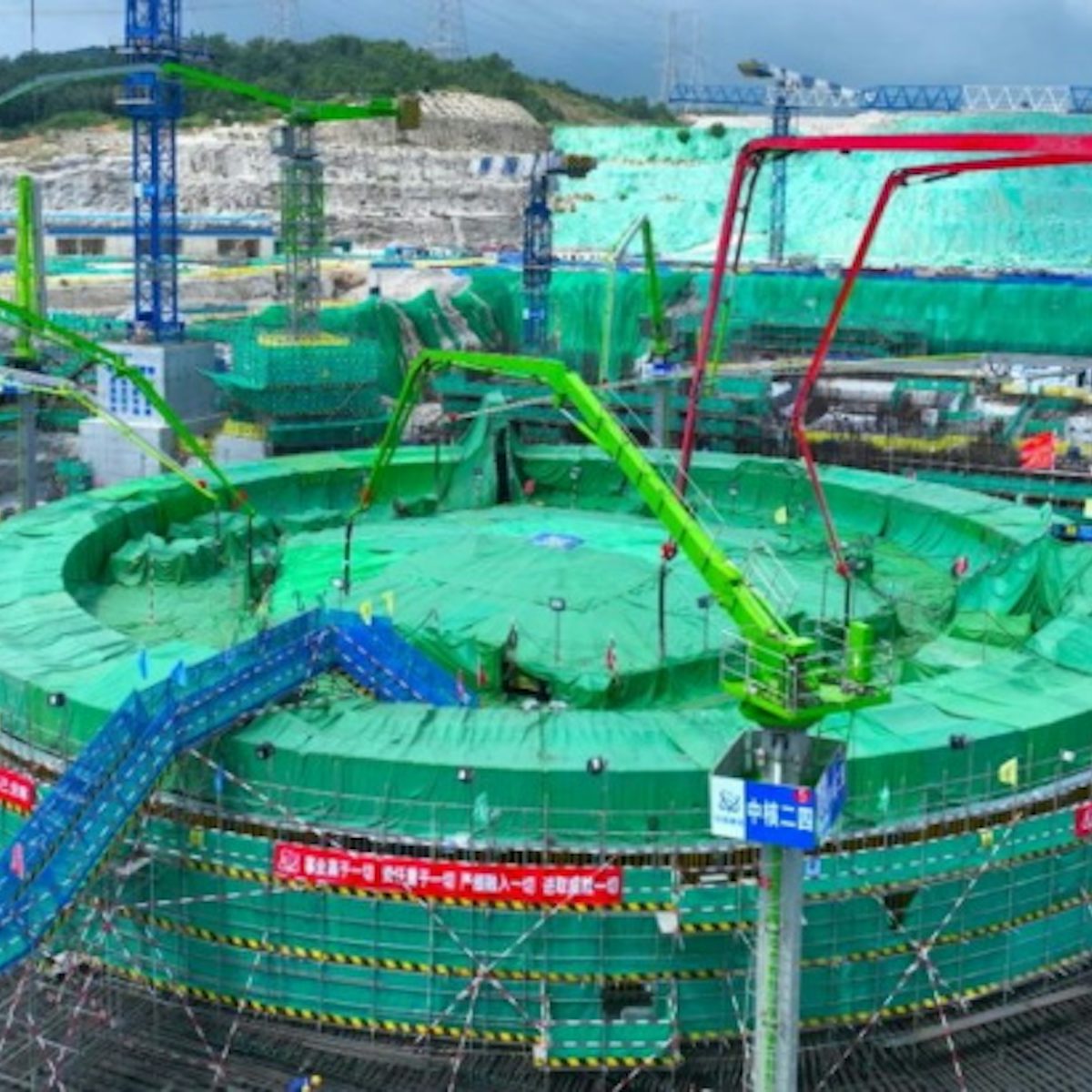First safety-related concrete has been poured for the nuclear island at Unit 4 of the Zhangzhou nuclear power station in Fujian province, eastern China, state company China National Nuclear Corporation announced.
Zhangzhou-4 is the fourth Hualong One plant under construction at the site, which will eventually house six Hualong One reactors.
Construction of Zhangzhou-1 began in October 2019, of Zhangzhou-2 in September 2020 and of Zhangzhou-3 in February 2024. Zhangzhou-1 is the first unit scheduled to begin commercial operation, potentially by the end of the year.
The Hualong One, or HPR1000, is an indigenous pressurised water reactor unit that incorporates elements of CNNC’s ACP1000 and China General Nuclear’s ACPR1000+ reactor designs.
“The Zhangzhou nuclear power plant is the starting point for the mass production of Hualong One,” CNNC said. “So far, four units have started construction, and safety and quality are all under good control.
Unit 1 is expected to be put into operation and generate electricity in 2024; unit 2 is fully advancing the relevant work before cold testing; unit 3 started construction on 22 February this year; and the preliminary work of units 5 and 6 is progressing in an orderly manner.”
The Zhangzhou project is owned by CNNC-Guodian Zhangzhou Energy Company, a joint venture between CNNC (51%) and China Guodian Corporation (49%).
China has 56 commercial reactors in operation, the same number as France and second only to the US, which has 94. According to the International Atomic Energy Agency it has 28 commercial nuclear power units under construction.
Of those 28 plants, 17 are Hualong One units under construction at eight sites – one unit each at Ningde, Shidaowan and Fangchenggang; two units each at Changjiang, Lufeng, Taipingling, Sanaocun and Jinqimen; and four units at Zhangzhou.
There are also two Hualong One plants in operation outside China, both in Pakistan at the Kanupp nuclear station, also known as Karachi.
Nuclear power still provides just about 5% of China’s electricity generation, compared to 65% in France and 18% in the US.


